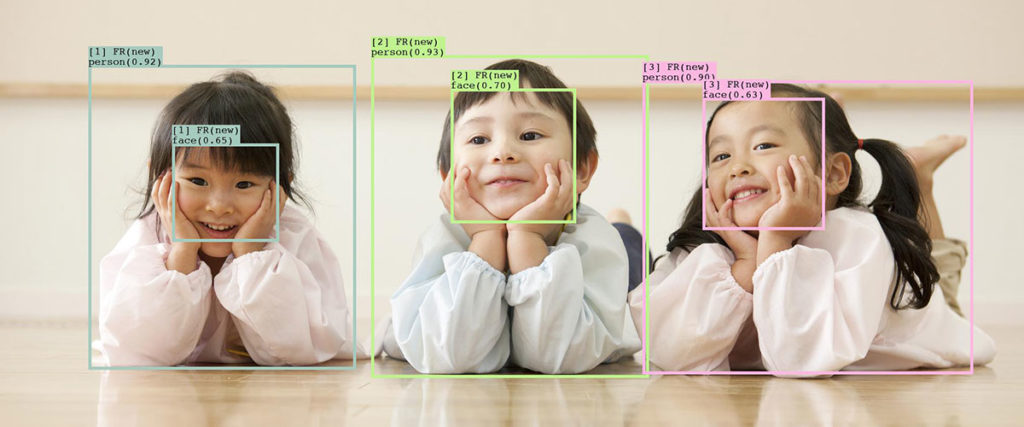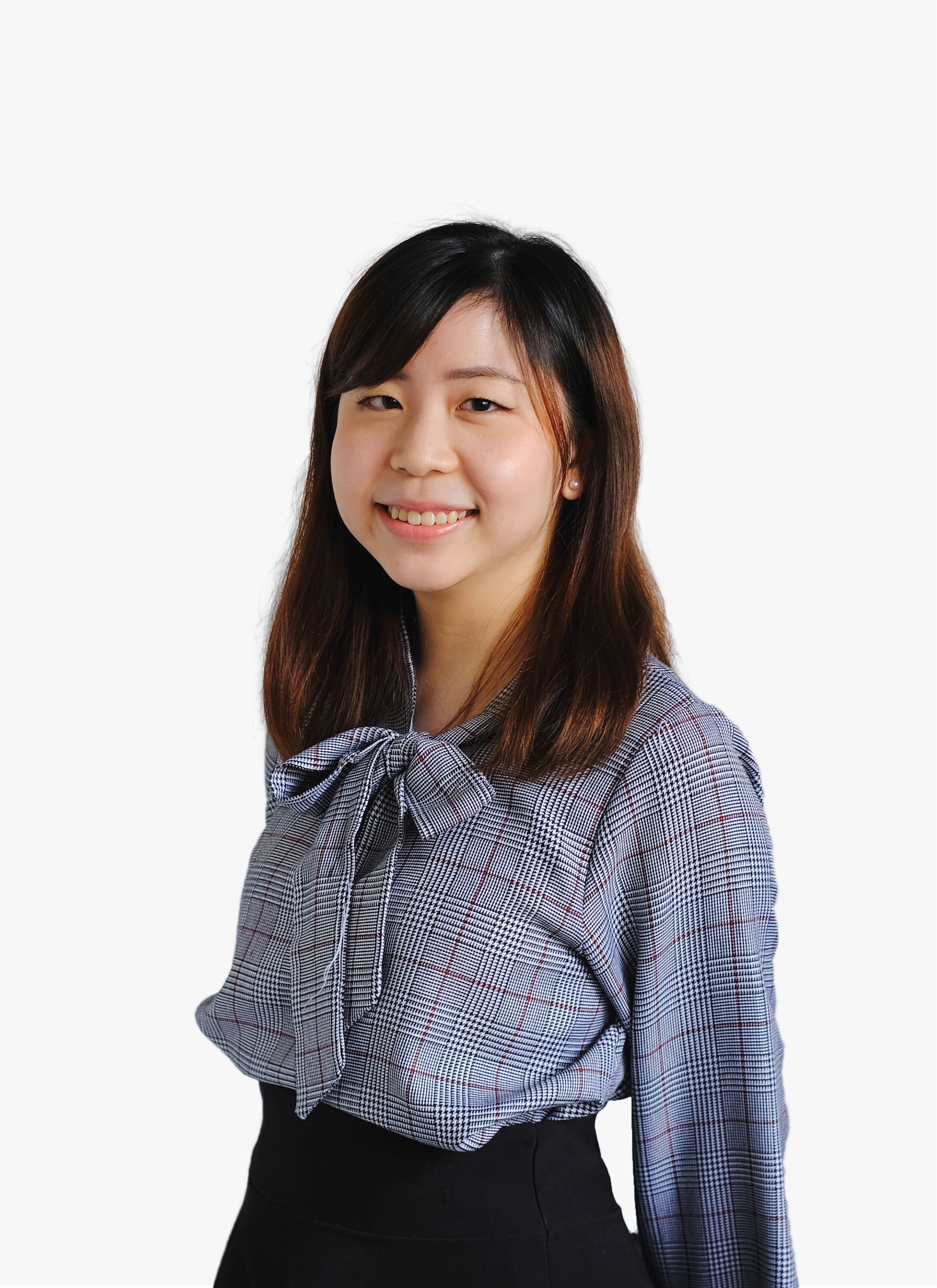Unifa founder and CEO Yasuyuki Toki and CFO Hoshi Naoto discuss how AI and IoT could help shape the future of childcare tech in Japan.
Founded in 2013, Unifa is a Japanese startup offering AI and IoT-powered childcare solutions for tracking kindergarteners’ physical growth. As Japan shifts away from traditional gender roles (‘men as breadwinners, women as homemakers’), more and more families are steadily relying on the services of daycare centres (hoikuen). Initially created as a photo sales service that aimed to foster stronger connections between parents and children who are separated during the day, Unifa has since evolved to include children’s healthcare services, aiming to resolve issues faced by childcare workers today, whilst simultaneously promoting the active participation of women in both the workforce and society. We talked to CEO Yasuyuki Toki and CFO Hoshi Naoto about their vision.
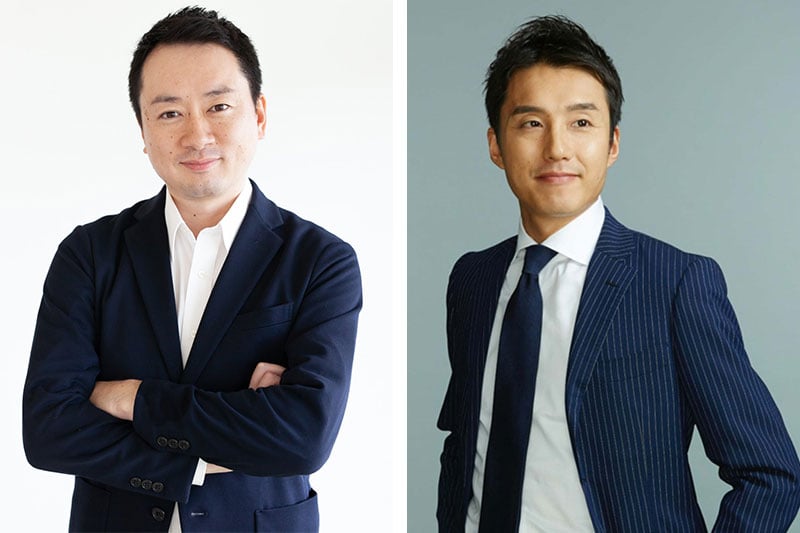
Tell us your founding story.
Toki: In the beginning, it was not a service directly related to medical care – we started in the photo business. I created the company with the idea that even a single photo from the childcare centre could become a catalyst for communication between parents and children. Our first product was Lookmee Photo, an online photo-selling service that allows parents to purchase photos and videos that document their children’s daily activities in childcare centres.
When we created the actual product and tried to sell it, I had a hard time with the sales. I remember going to a childcare centre without an appointment and being mistaken for a suspicious person – I almost got kicked out! Eventually, a friend referred me to a childcare centre and I managed to convince them to introduce the service. After that, we expanded our clientele by getting referred to new customers.
After visiting many childcare centres, I began to notice the large amount of work it takes to take care of children. As a father of two kids, I was already acutely aware of the difficulties of raising children as my wife and I both work, so I quickly recognised the need for more services to support the child-rearing environment, which ultimately led me to establish Unifa.
What are the current services you provide?
Hoshi: Currently, there are a total of 6 services divided into 3 main categories. In terms of healthcare, we have the Lookmee Smart Baby Monitor, a medical device that monitors children as they nap, and the Lookmee Thermometer, a non-contact smart thermometer that can record temperatures in seconds. For photo services, there’s Lookmee Photo, a cloud-based service that enables parents to purchase photos and movies taken in childcare centres. As for ICT (Information and Communication Technologies) services, we offer the Lookmee Shift Management, a service that automatically adjusts and creates shifts for childcare teachers and manages attendance; the Kidsly App, which was created to manage childcare centre operations such as the attendance of children, documents, digital communication notebook and report management; and the Lookmee Bus Location Information, a service that allows users to see the current location of school buses in real-time.
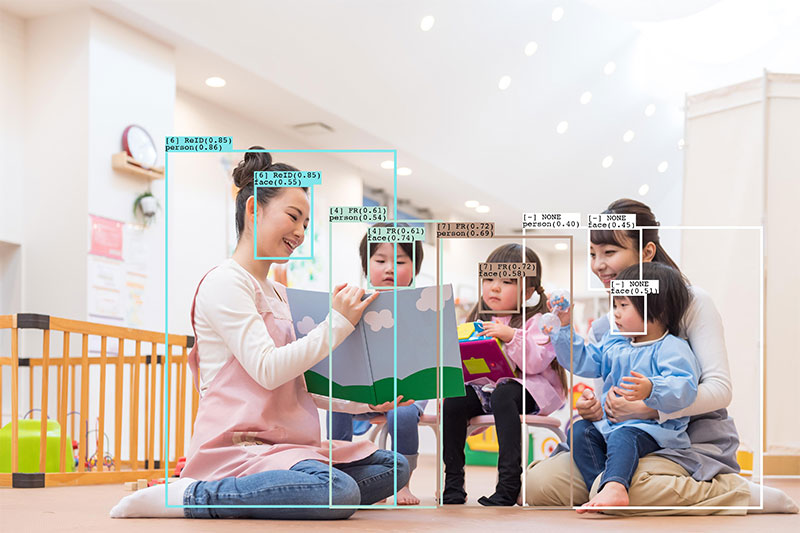
What are the biggest problems you see with childcare in Japan?
Toki: I think there are several things. One is the high turnover rate of teachers – it’s a much more physically and mentally demanding job than most people imagine, but I don’t feel it’s highly valued by the public. The heavy workload of childcare teachers in maintaining the safety of children is also a major problem. Even now, there is more handwritten paperwork in the business than one might imagine.
In order to solve these problems, we would like teachers to use the Lookmee series to reduce their workload. Teachers should be able to rely on AI-powered solutions to perform certain tasks so that they can spend more time focusing on taking care of the children and feel a sense of fulfilment. Ultimately, our goal is to make parenting and childcare jobs more enjoyable, enriching, and to transform society into one that supports the healthy development of children and values childcare workers.
What do you think is the best way to support child development in Japan?
Hoshi: I think it’s important that teachers and parents with children avoid creating an enclosed space for themselves. In Japan, it used to be common for grandparents to live with the family and foster close relationships with neighbours. Nowadays there are more and more nuclear families and they’re communicating less with the people around them. I believe that we should form closer relationships with people around us to help each other with childcare and to support the growth of children. As more women enter the workforce in Japan, we hope to contribute to the advancement of women in society and to increase the birth rate by resolving existing childcare-related issues with the power of technology. We would also like to create a childcare support platform that connects childcare centres, municipalities, hospitals, childcare support manufacturers, etc.
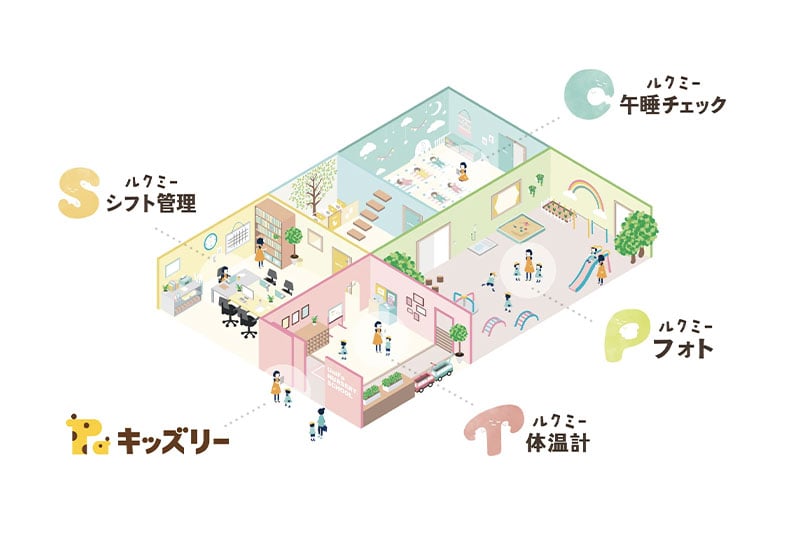
What’s in store for Unifa?
Toki: Currently, there are about 6,250 childcare facilities using the system in Japan and we hope to more than double this number. I believe that there is still room for improvement in Japan’s child-rearing environment – ultimately, we want to make sure that society as a whole is supportive of childcare. We will focus on the implementation of our Smart Childcare Center® (“Smart Hoikuen®”) in the field of childcare, aiming to reduce the workload of teachers while lowering the turnover rate. In the future, we would like to consider expanding into other areas in Asia.
Related Articles
Introducing Anytimes, Japan’s Hottest Skill-Sharing App
Startup Lady Japan: The Firm Helping Women Overcome Japanese Work Culture
#TattooGirlsJP: Breaking the Stigma Against Tattooed Women in Japan
